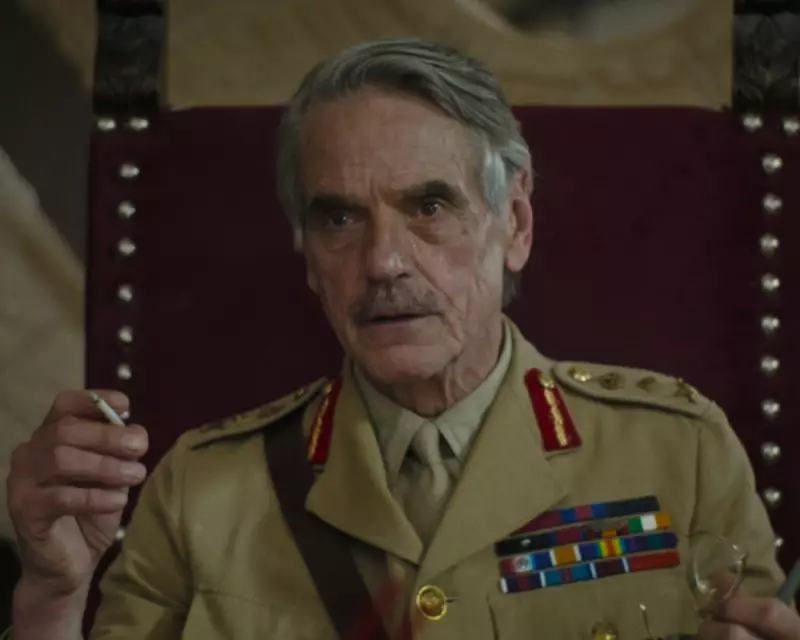
Visionary filmmaker Annemarie Jacir has once again cemented her status as one of Palestinian cinema's most vital voices with her latest tour de force, Palestine '36. This breathtaking historical epic transports audiences to the turbulent years of the 1930s, capturing a pivotal moment in Palestinian history with extraordinary visual poetry and emotional depth.
A Masterful Blend of History and Humanity
Jacir, already celebrated as the first Palestinian woman to direct a feature film, demonstrates her maturing artistic vision through this meticulously crafted period piece. The film unfolds against the backdrop of the 1936-39 Arab Revolt, yet rather than focusing solely on political events, Jacir weaves an intimate tapestry of ordinary lives caught in extraordinary circumstances.
Visual Storytelling at Its Finest
The cinematography in Palestine '36 is nothing short of spectacular. Each frame feels like a carefully composed painting, with Jacir employing a rich, earthy colour palette that evokes both the beauty of the landscape and the gravity of the historical moment. The director's attention to period detail is remarkable, from the authentic costume design to the meticulously recreated settings that transport viewers completely to another era.
Characters That Resonate Across Time
At the heart of the film are characters whose struggles and aspirations feel strikingly contemporary. Jacir has populated her narrative with complex, fully-realised individuals who defy easy categorisation. Their personal journeys—filled with love, loss, resistance, and resilience—create an emotional connection that transcends the historical setting.
The ensemble cast delivers powerhouse performances, bringing nuance and authenticity to their roles. Particularly noteworthy is how Jacir balances multiple perspectives, creating a multifaceted portrait of a society at a crossroads.
A Timely Reflection on Resistance and Identity
While firmly rooted in the 1930s, Palestine '36 speaks powerfully to contemporary conversations about occupation, resistance, and national identity. Jacir handles these themes with remarkable subtlety, avoiding didacticism in favour of allowing the historical parallels to emerge organically through the narrative.
Critical Acclaim and Festival Success
The film has already generated significant buzz on the international festival circuit, with many critics hailing it as Jacir's most accomplished work to date. Following its successful premiere, Palestine '36 is positioned to become an essential text in both Middle Eastern cinema and global political filmmaking.
What sets this film apart is Jacir's ability to balance epic historical scope with intimate human drama. The result is a work that feels both grand in its ambitions and personal in its emotional impact—a rare achievement that confirms Jacir's place among world cinema's most important contemporary directors.
Palestine '36 represents not just a remarkable cinematic achievement but an important cultural document. It's a film that demands to be seen, discussed, and remembered—both for its artistic merits and its powerful engagement with history that continues to shape our present.





